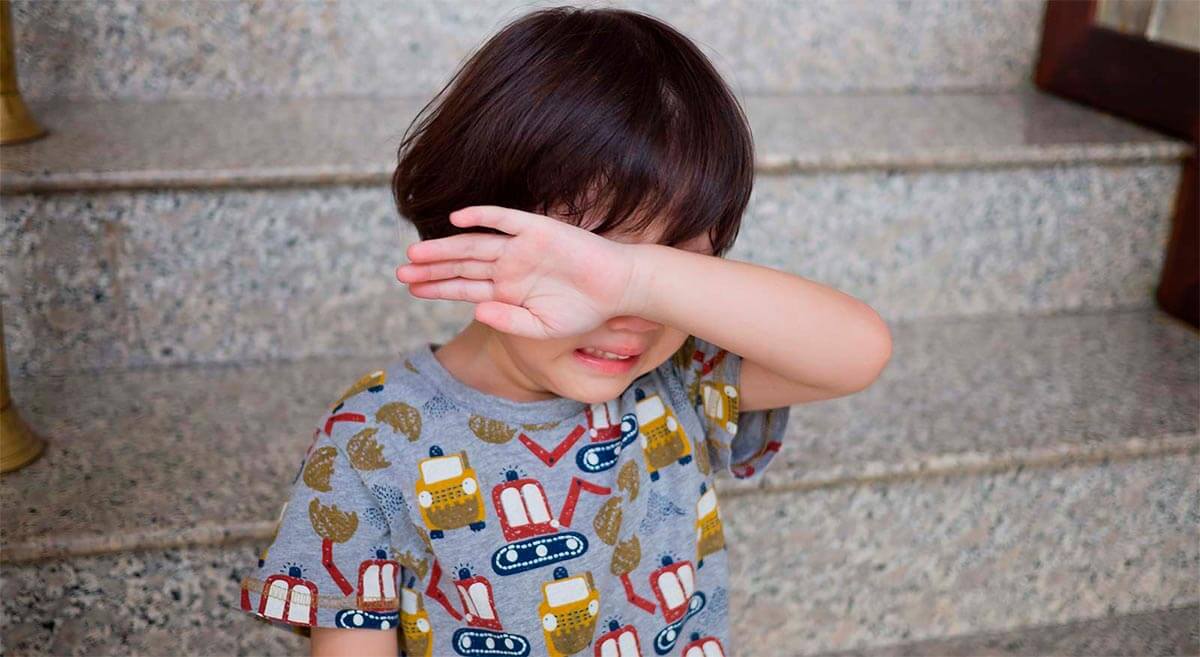How to counsel grief stricken children
Losses are painful and frightening, and many young children avoid their feelings so as not to be overwhelmed. Because these emotions may be expressed as angry outbursts or misbehavior, rather than as sadness, they may not be recognized as grief-related. Furthermore, because their needs to be cared for and related to are intense and immediate, young children typically move from grief reactions to a prompt search for and acceptance of replacement persons.
Unlike adults who can sustain a year or more of intense grieving, children are likely to manifest grief-related effects and behavior, on an intermittent basis, for many years after loss occurs; various powerful reactions to the loss normally will be revived, reviewed and worked through repeatedly at successive levels of subsequent development.
Thus, in dealing with children who have sustained a loss it is important to be aware of the special nature of grieving in children and not to expect that they will express their emotions like adults or that their overt behaviors will necessarily reveal their internal distress.
At the time of a death, children may experience a wide range of emotions, even when the loss was expected. Children often report feelings of numbness after first learning of a death, but the grieving process can vary by child, even within the same family.
Some emotions a child may experience include:
These feelings are normal and common. Children may not be prepared for the intensity and duration of their emotions but be assured that these feelings are healthy and appropriate and will help them come to terms with the loss.
At IDCC, we recognize that all children are unique in their understanding of death and dying. This understanding depends on their developmental level, cognitive skills, personality characteristics, religious or spiritual beliefs, teachings by parents and previous experiences with death. Our professional mental health staff work with each child to understand their unique way of dealing with loss in order to develop a personalized recovery process.
My child is dealing with grief, what do I do?
Many times, support groups or psychotherapy are used to help during a Bereavement period. Setting small steps and goals are used to help you absorb the loss in a healthy and meaningful way. With support, patience and effort, children can and will work through the Bereavement period. After working through the pain of the loss of a loved one, children usually are left with cherished memories and can go on living a productive life.
